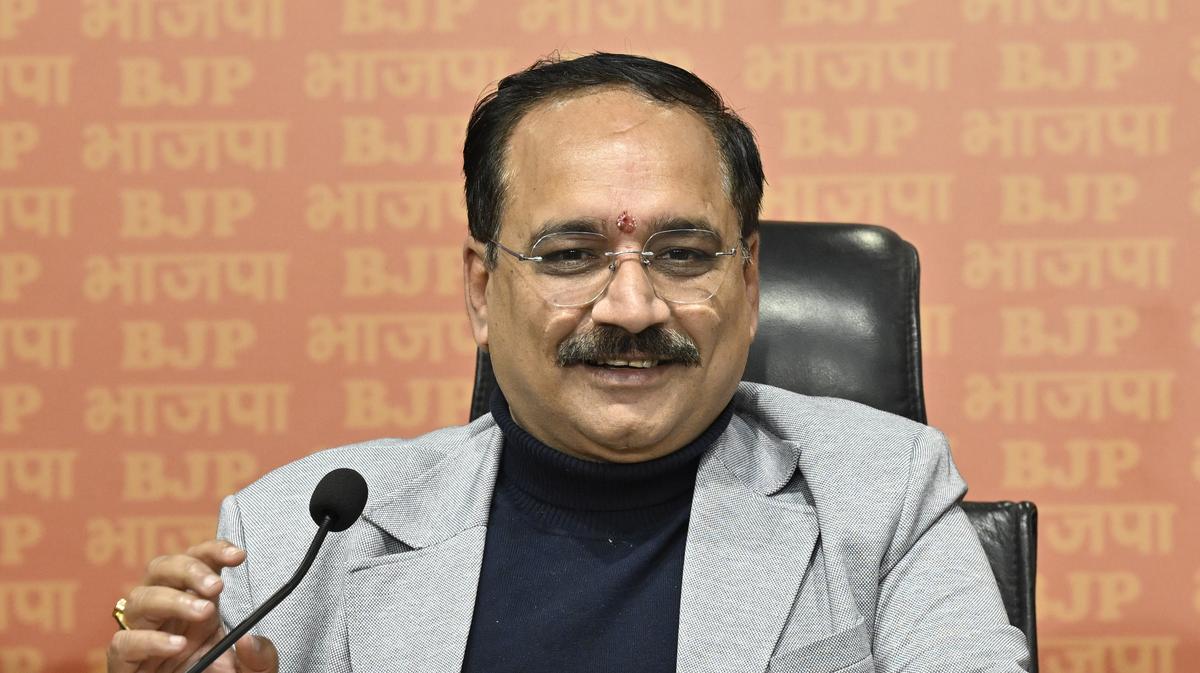No evidence to support case of fraud against Mallya: Defence
Wed 06 Dec 2017, 11:13:31
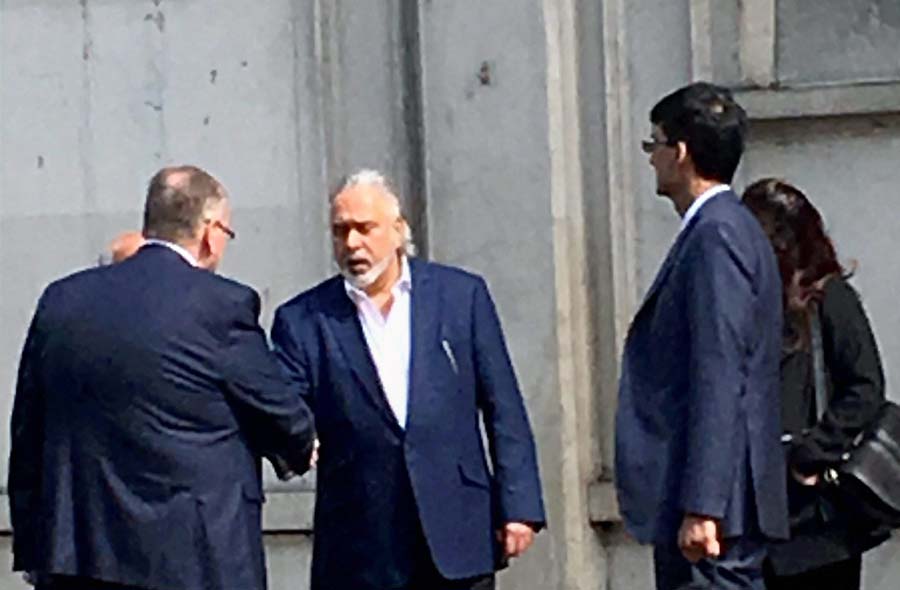
Vijay Mallya's defence team argued that there was no evidence to support the case of fraud presented against him by the government of India as the liquor baron returned to court here on day two of his extradition trial.
The 61-year-old, wanted in India on charges of fraud and money laundering amounting to around Rs 9,000 crores, was in the dock at Westminster Magistrates Court for his defence, headed by barrister Clare Montgomery.
Montgomery opened her arguments by stating that there was no evidence to support the case of fraud.On the opening day of the trial, the Crown Prosecution Service (CPS), arguing on behalf of the Indian government, had asserted that the embattled liquor baron had a "case of fraud" to answer.
Montgomery claimed that the evidence presented by the CPS, on the direction of the Indian government, to prove a case of fraud amounted to "zero", which she said was a "critical failing on the part of government of India".
She claimed that the government does not have a credible case to support the argument that the borrowing by Mallya was fraudulent and he had no intentions to pay back the loans he sought because his profit projections for loss-making Kingfisher Airlines were unreliable.
"The reality is that the profitability of an airline depends on economic factors, which are largely cyclical and largely out of the control of the airline itself," she said.Indicating that it would be plausible to conclude that any loan default was the result of "business failure", she presented internal company assessments and bank documents to prove that all numbers related to the struggling airline were known to the bankers and there was "no attempt to mislead by over-valuing the worth of the brand".
The prosecution had laid out what it termed as "three chapters of dishonesty" by the former Kingfisher Airlines boss the first being misrepresentations to various banks to acquire loans, then how he misused the money and finally his conduct after the banks recalled the loans.
"Instead of acting as an honest person and doing what he could to meet his obligations, he sets about erecting lines of defence," CPS barrister Mark Summers had said.
The
charge of money laundering, for which Mallya had been re-arrested in October, is being focussed on by the CPS less at this stage.
charge of money laundering, for which Mallya had been re-arrested in October, is being focussed on by the CPS less at this stage.
Summers told the court that the Indian government says there are reasons why a court can conclude that the bank loans at the centre of the fraud case were ones the "defendant (Mallya) never intended to repay".
While Kingfisher Airlines and the airline industry were in "intensive care", Mallya chose to palm off the losses to banks, in particular state-owned banks.The opening day's proceedings were concluded with an assertion by the CPS that it had "shown by virtue of evidence a prima facie case"against Mallya and the hearing should now move to the next phase of any "bars to extradition".
The next phase is when factors such as prison conditions in India are likely to take centre-stage.The CPS had earlier admitted that there may have been "irregularities" in the internal processes of the banks sanctioning some of those loans but that would be a question to be dealt with at a later stage in India.
"The focus of our case will be on his (Mallya's) conduct and how he misled the bank and misused the proceeds," Summers said, as he presented a detailed chronology of events with specific focus on a loan sought by Kingfisher Airlines from IDBI bank in November 2009.
His erstwhile Kingfisher Airlines owes several Indian banks around Rs 9,000 crores.
Mallya, who was arrested by Scotland Yard on an extradition warrant in April this year, has been out on bail on a bond worth 650,000 pounds.
His trial is scheduled to end on December 14, with Wednesday and Friday marked as non-sitting days.A timeframe for a judgement in the case, being presided over by Judge Emma Louise Arbuthnot, will be determined only at the end of the trial and once the closing arguments have been made.
The tycoon has been on self-imposed exile in the UK since he left India on March 2, 2016.
If the judge rules in favour of extradition at the end of the trial, the UK home secretary must order Mallya's extradition within two months.
However, the case can go through a series of appeals in higher UK courts before arriving at a conclusion.
No Comments For This Post, Be first to write a Comment.
Most viewed from International
Most viewed from World
AIMIM News
Delhi Assembly polls: Owaisi leads Padyatra in Okhla
Feb 01, 2025
We reject this Waqf Amendment Bill: Asaduddin Owaisi
Jan 30, 2025
Latest Urdu News
Most Viewed
May 26, 2020
Which political party will win the Delhi Assembly polls to be held on Feb 5?
Latest Videos View All
Like Us
Home
About Us
Advertise With Us
All Polls
Epaper Archives
Privacy Policy
Contact Us
Download Etemaad App
© 2025 Etemaad Daily News, All Rights Reserved.

.jpg)
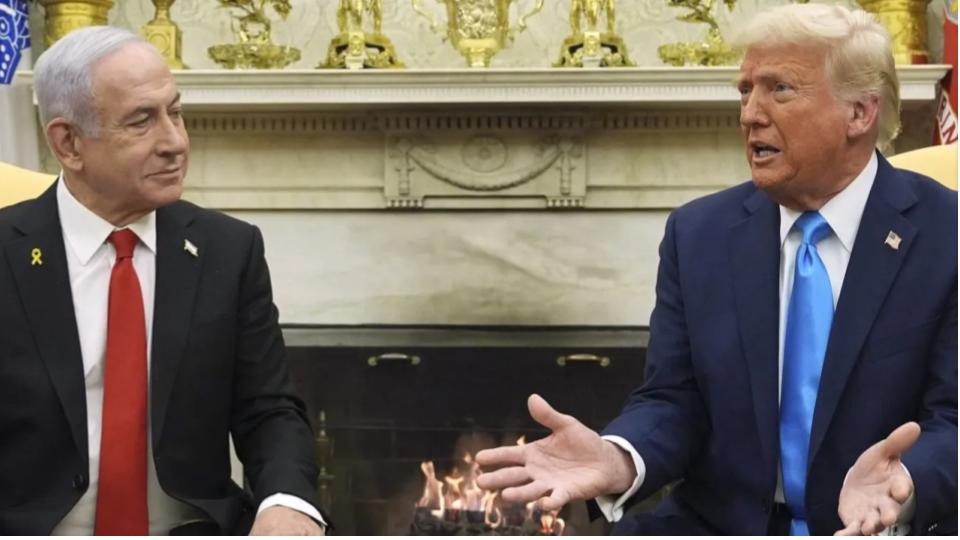
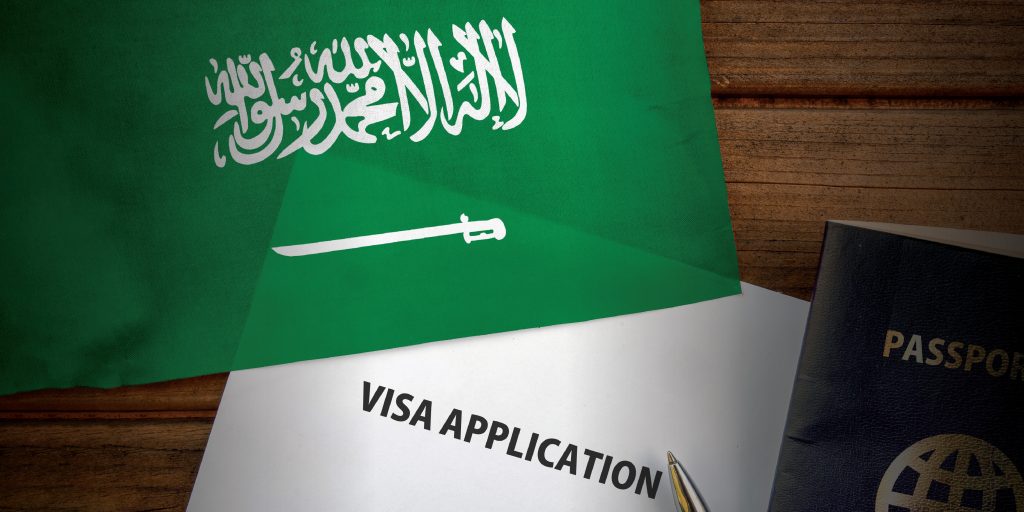
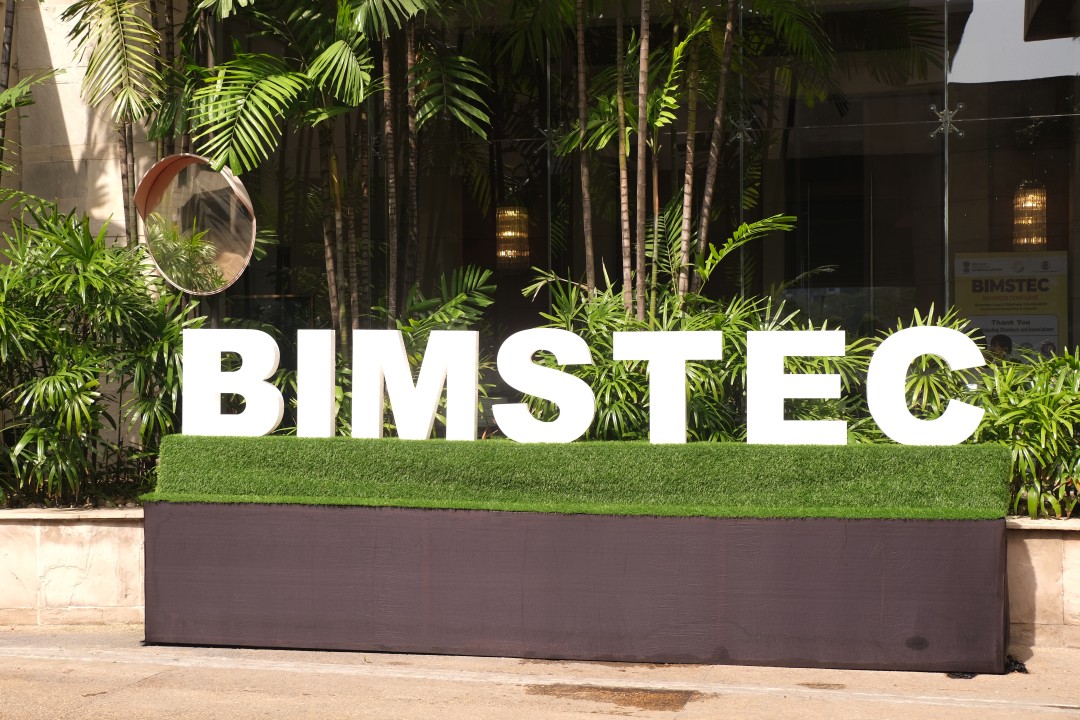
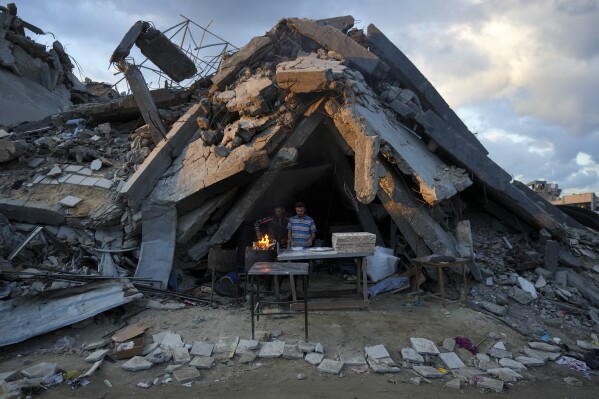

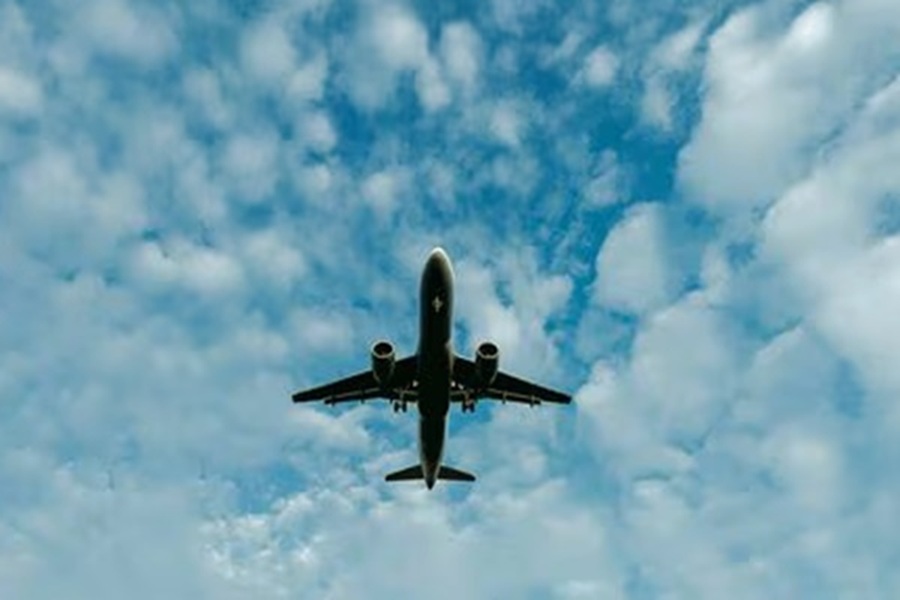

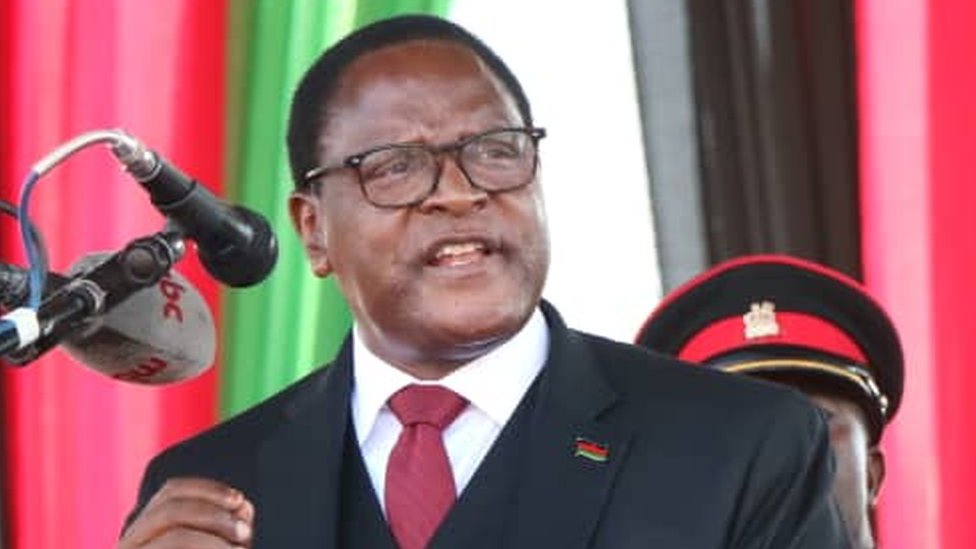
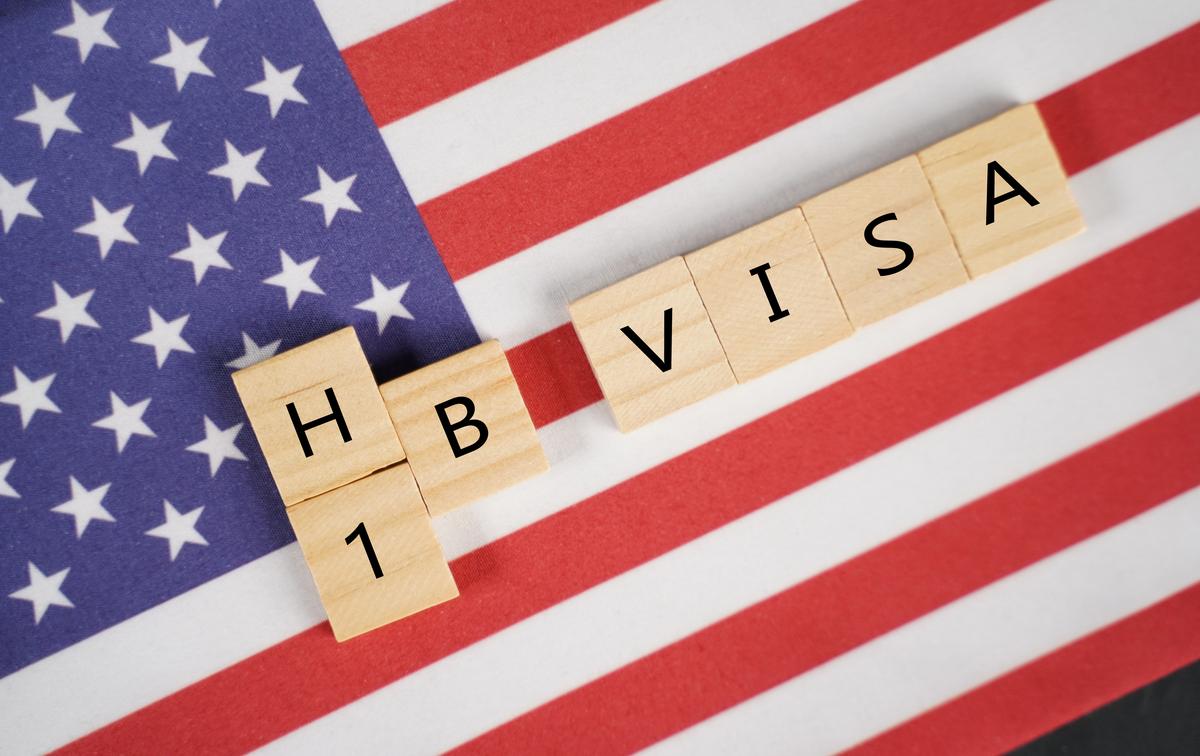
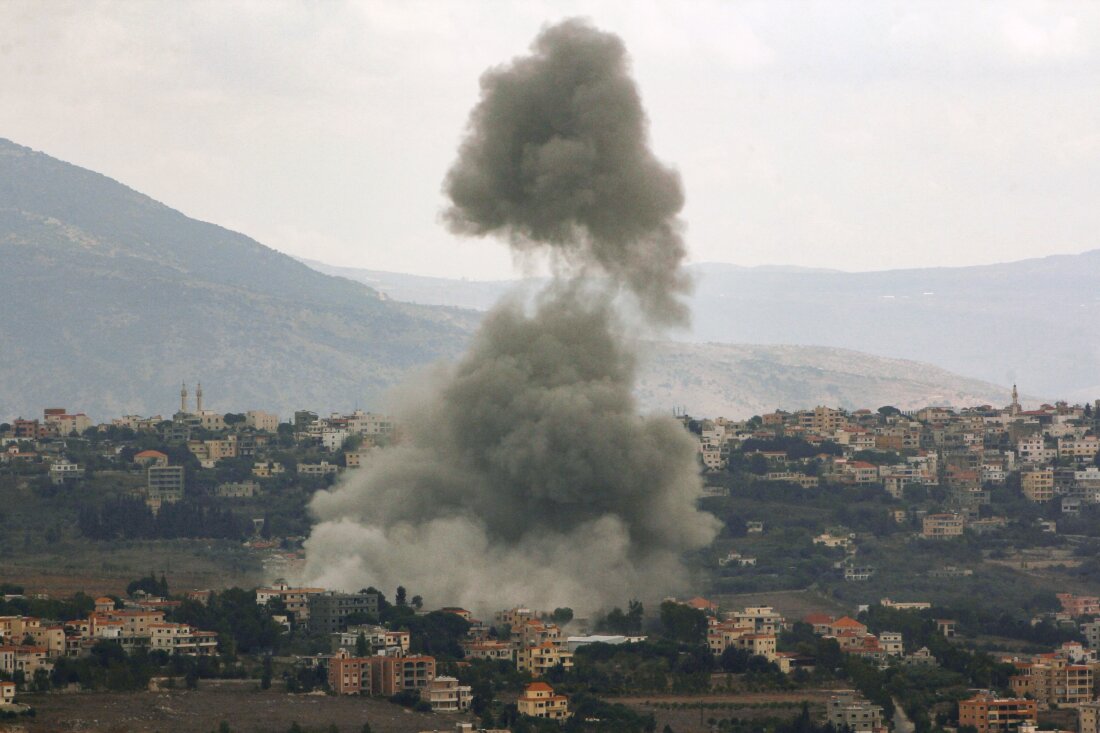
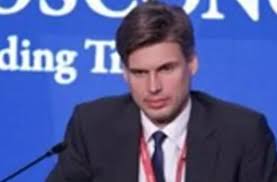
.jpg)
.jpg)
.jpg)
.jpg)
.jpg)
.jpg)
.jpg)
.jpg)
.jpg)
.jpg)
.jpg)
